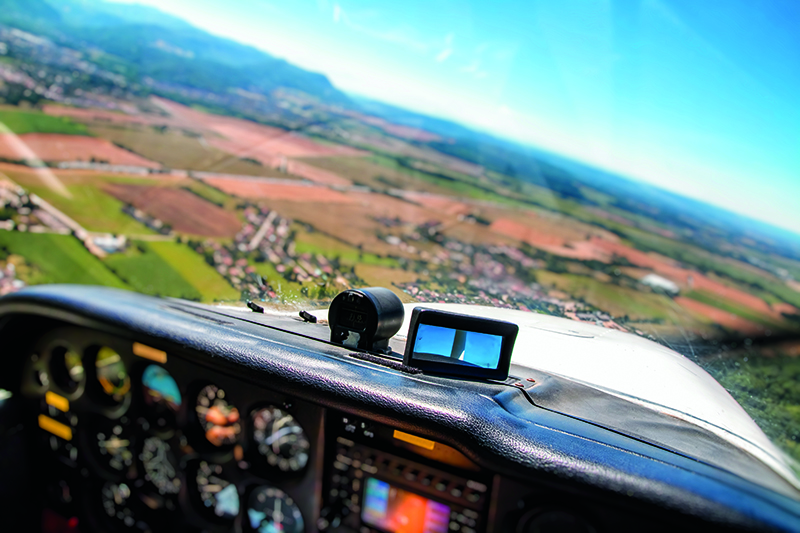As the aviation industry navigates the global pilot shortage, aspiring aviators are training at a time when their skills are needed the most. Yet the commercial airlines’ supply and demand challenge has caused a ripple effect for flight schools by hiring many of the instructors who were tasked to train the future workforce. Fortunately, a collaboration between two rural communities kept students in the air and on the right flight path.
When a Western Colorado Community College flight instructor was recruited back into the captain’s chair, the institution had to act fast as to not disrupt the training of current pilots. The program got creative and partnered with another flight school which faced the same challenge.
“We do whatever it takes to get our students trained in the career path of their choice and often times being innovative is how we get there,” said Vice President of Community College Affairs Brigitte Sündermann.
Together, WCCC and Colorado Northwestern Community College brought on a pilot, David Cole, with decades of experience to assist both programs with the commercial chief flight instructor role.
“When I heard about this collaboration and how WCCC and CNCC was in great need of the same position, I was happy to get involved,” said Cole.
Cole joins Josh Barnes, who was the first to graduate from the aviation program in the fall of 2018. A veteran of the Marine Corps, Barnes was recently promoted to chief flight instructor for private and instrument.
“The industry needs a new batch of young pilots and it’s been really rewarding teaching others to go out and accomplish what I’ve done,” said Barnes.
According to industry experts, the demand for new qualified aviation personnel has skyrocketed. Boeing recently announced that over 600,000 new pilots are needed to maintain the global commercial workforce throughout the next 20 years.
“The aviation industry is booming, salaries are up, signing bonuses are available and there’s an ever-increasing need for new pilots,” said Barnes.
Without aviation programs like WCCC, the industry would struggle to see a steady pipeline of personnel who will one day replace the men and women flying today.
